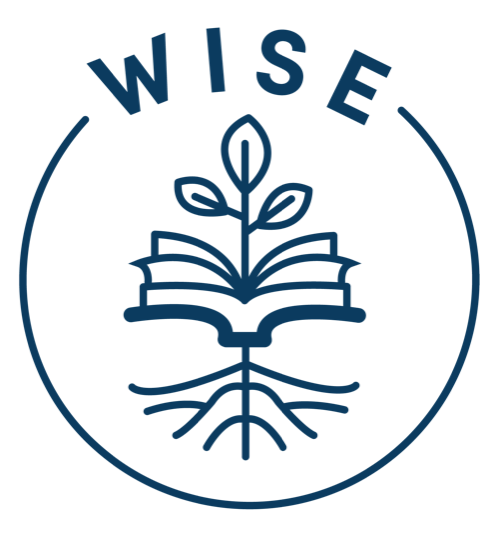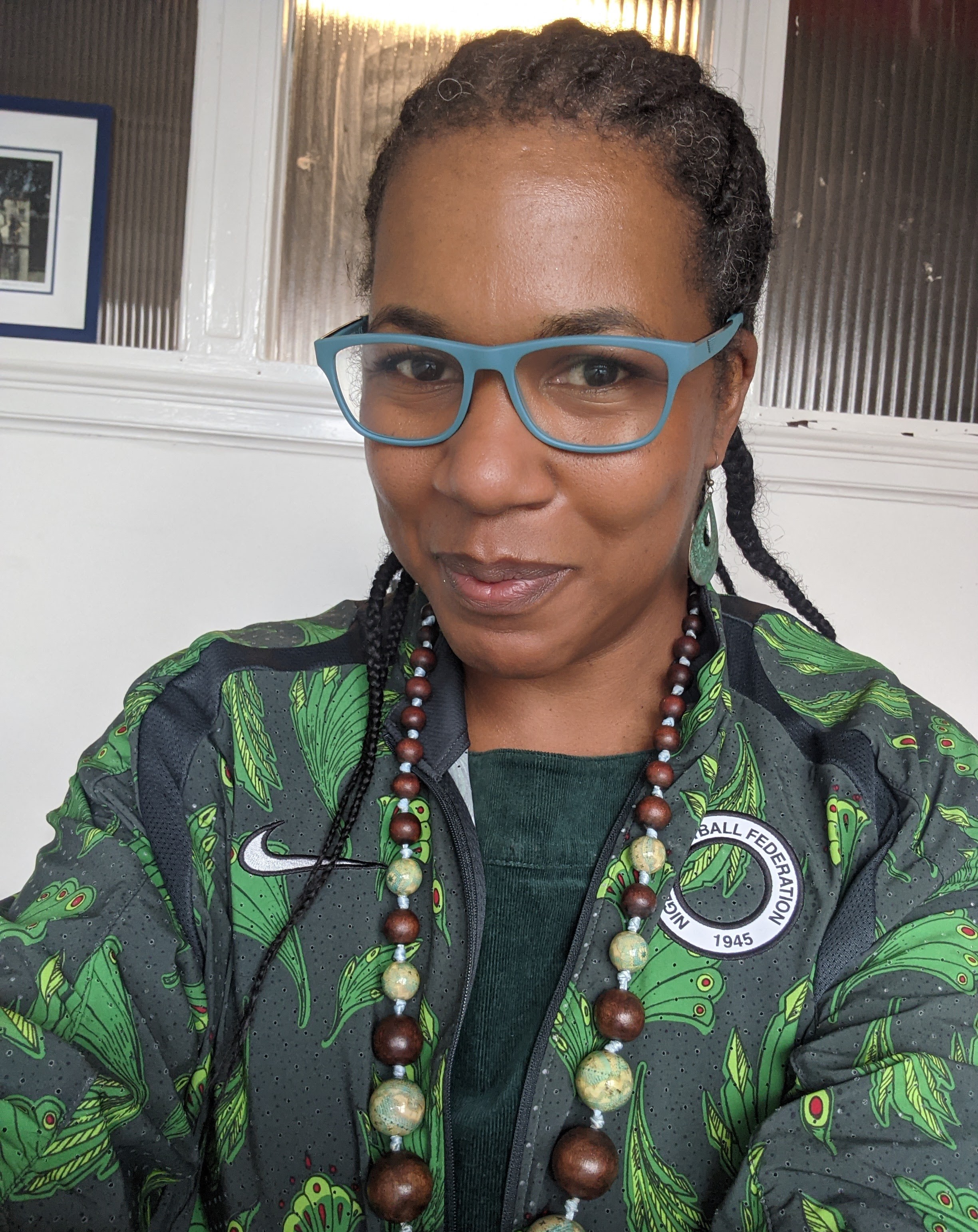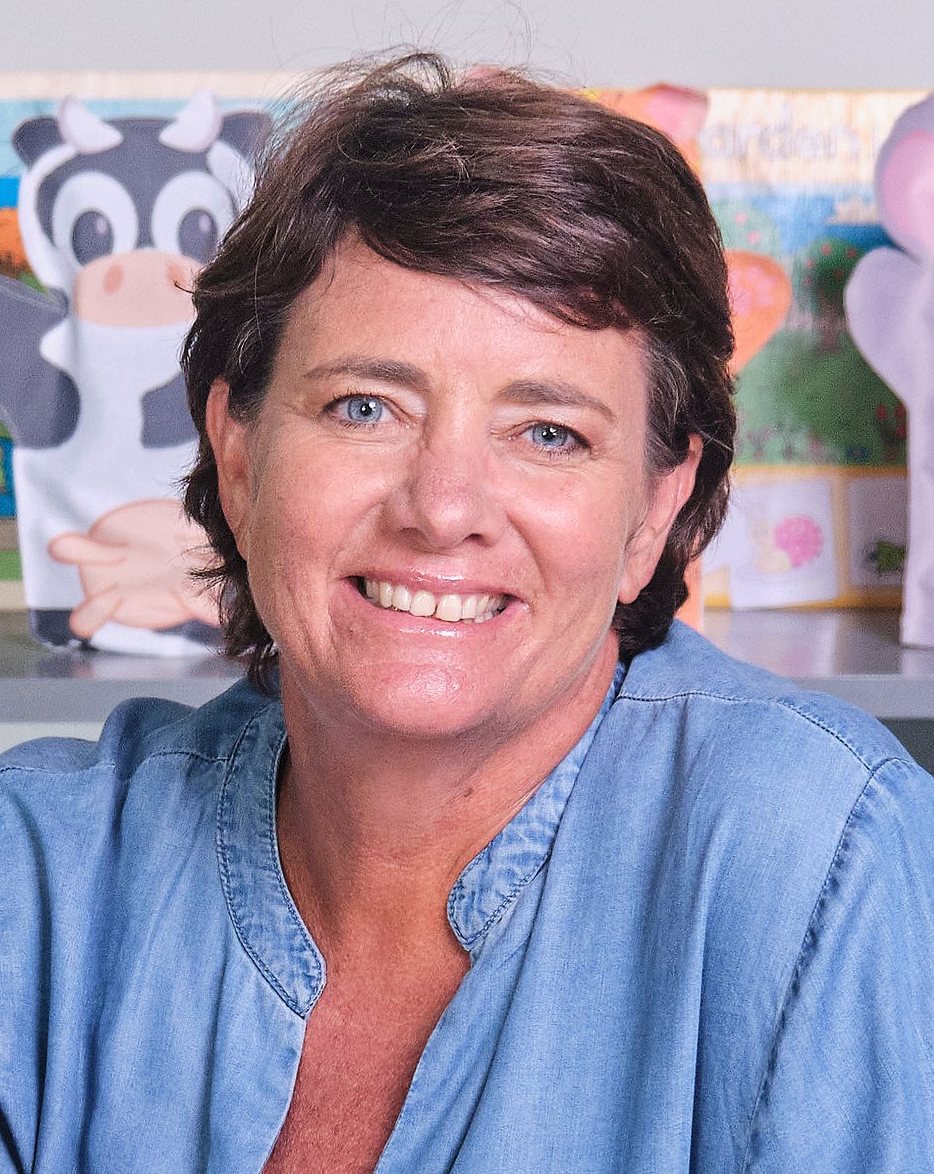Rawan’s story begins in Amman, Jordan, where her parents discovered she was blind at just six months old. After years of searching for a medical solution, her family made a conscious decision: they would empower her instead. That early decision laid the foundation for Rawan’s lifelong advocacy for inclusion and accessibility.
Her childhood was marked not just by personal challenges but also remarkable experiences, such as participating in the Children’s Parliament in Jordan and studying theatre art. But the most significant turning point came during her teenage years when her mother, her strongest supporter, was diagnosed with cancer. Losing her at 17 during her final year of school was devastating, but it also solidified Rawan’s inner resolve: to turn grief into motivation, to dream big, and to help others do the same.
Growing up blind in a society not fully prepared to accommodate people with disabilities was only part of the challenge. Rawan quickly realized that children, especially those in under-resourced schools, lacked access to inclusive and creative educational tools. In particular, she saw a glaring gap in the availability of audio and Braille content in Arabic, especially for blind children, but also for all children who could benefit from alternative modes of learning.
More broadly, Jordan’s traditional educational system, particularly in government and refugee schools, emphasized rote learning over creative thinking, self-expression, and emotional development. Critical listening and communication skills were underdeveloped, and many teachers lacked the training or tools to engage students in a more holistic, interactive way.
Rawan also faced another kind of barrier: societal perception. As a blind woman, she was expected to work only within the confines of the disability community. She broke that stereotype by dreaming bigger—by launching a movement that would benefit all children, regardless of ability.
The seed of what would become “Raneen” (meaning “ringing sound” in Arabic) was planted while Rawan was still at university studying theatre arts—an unconventional choice, especially as a blind student. In fact, she may be the only blind person in Jordan (and possibly beyond) to have pursued this major. But her passion for performance, storytelling, and communication made theatre a natural path.
In 2005, during a youth development activity, participants were asked to imagine a project that could benefit their communities. While others suggested painting school walls or visiting orphans, Rawan proposed creating an audio library of dramatized stories for children. She wanted to harness her theatre background to create engaging, accessible content that could help all children, especially those who struggle with traditional learning models.
Raneen was officially registered as an NGO in 2009. It began with zero budget—only a passionate team and a big idea. That year, they received the prestigious King Abdullah II Award for Youth Innovation and Achievement, which provided more than just funding: it offered validation, mentorship, and a refined strategic vision.
Rather than merely building the largest audio library in the region, Raneen evolved into a comprehensive educational initiative focused on using dramatized audio stories to foster listening, communication, critical thinking, and emotional intelligence in children.






